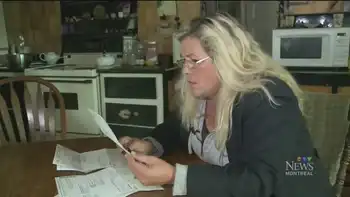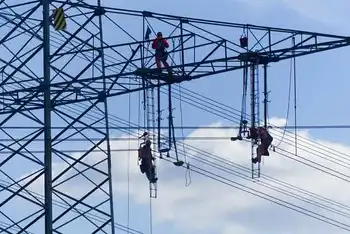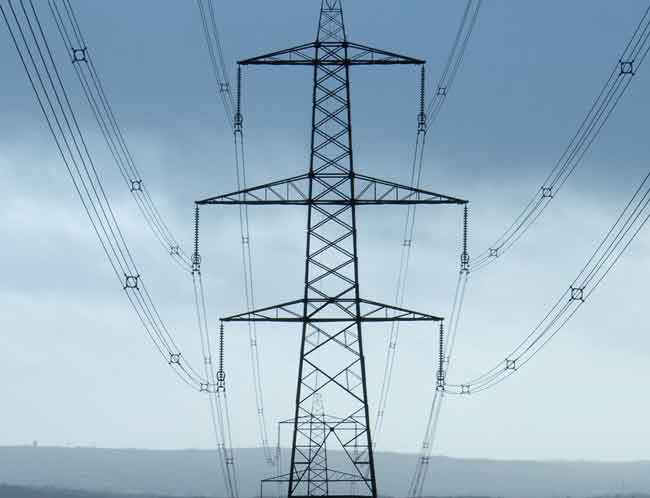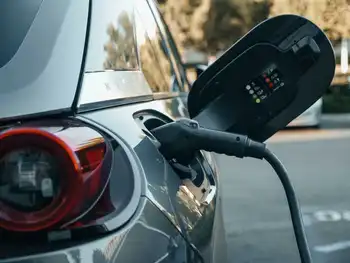IVECO BUS hydrogen and electric buses in France accelerate clean mobility, zero-emission public transport, fleet electrification, and fuel cell adoption, with battery-electric ranges, fast charging, hydrogen refueling, lower TCO, and high passenger comfort in cities.
Key Points
Zero-emission buses using battery-electric and fuel cell tech, cutting TCO with fast refueling and urban-ready range.
✅ Zero tailpipe emissions, lower noise, improved air quality
✅ Fast charging and rapid hydrogen refueling infrastructure
✅ Lower TCO via reduced fuel and maintenance costs
IVECO BUS is making significant strides in the French public transportation sector, recently securing contracts for the delivery of hydrogen and battery electric buses. This development underscores the growing commitment of cities and regions in France to transition to cleaner, more sustainable public transportation options, even as electric bus adoption challenges persist. With these new contracts, IVECO BUS is poised to strengthen its position as a leader in the electric mobility market.
Expanding the Green Bus Fleet
The contracts involve the supply of various models of IVECO's hydrogen and electric buses, highlighting a strategic shift towards sustainable transport solutions. France has been proactive in its efforts to reduce carbon emissions and promote environmentally friendly transportation. As part of this initiative, many local authorities are investing in clean bus fleets, which has opened up substantial opportunities for manufacturers like IVECO.
These contracts will provide multiple French cities with advanced vehicles designed to minimize environmental impact while maintaining high performance and passenger comfort. The move towards hydrogen and battery electric buses reflects a broader trend in public transportation, where cities are increasingly adopting green technologies, with lessons from TTC's electric bus fleet informing best practices to meet both regulatory requirements and public demand for cleaner air.
The Role of Hydrogen and Battery Electric Technology
Hydrogen and battery electric buses represent two key technologies in the transition to sustainable transport. Battery electric buses are known for their zero tailpipe emissions, making them ideal for urban environments where air quality is a pressing concern, as demonstrated by the TTC battery-electric rollout in North America. IVECO's battery electric models come equipped with advanced features, including fast charging capabilities and longer ranges, making them suitable for various operational needs.
On the other hand, hydrogen buses offer the advantage of rapid refueling and extended range, addressing some of the limitations associated with battery electric vehicles, as seen with fuel cell buses in Mississauga deployments across transit networks. IVECO’s hydrogen buses utilize cutting-edge fuel cell technology, allowing them to operate efficiently in urban and intercity routes. This flexibility positions them as a viable solution for public transport authorities aiming to diversify their fleets.
Economic and Environmental Benefits
The adoption of hydrogen and battery electric buses is not only beneficial for the environment but also presents economic opportunities. By investing in these technologies, local governments can reduce operating costs associated with traditional diesel buses. Electric and hydrogen buses generally have lower fuel costs and require less maintenance, resulting in long-term savings.
Furthermore, the transition to cleaner buses can help stimulate local economies. As cities invest in electric mobility, new jobs will be created in manufacturing, maintenance, and infrastructure development, such as charging stations and hydrogen fueling networks, including the UK bus charging hub model, which supports large-scale operations. This shift can have a positive ripple effect, contributing to overall economic growth while fostering a cleaner environment.
IVECO BUS's Commitment to Sustainability
IVECO BUS's recent successes in France align with the company’s broader commitment to sustainability and innovation. As part of the CNH Industrial group, IVECO is dedicated to advancing green technologies and reducing the carbon footprint of public transportation. The company has been at the forefront of developing environmentally friendly vehicles, and these new contracts further reinforce its leadership position in the market.
Moreover, IVECO is investing in research and development to enhance the performance and efficiency of its electric and hydrogen buses. This commitment to innovation ensures that the company remains competitive in a rapidly evolving market while meeting the changing needs of public transport authorities.
Future Prospects
As more cities in France and across Europe commit to sustainable transportation, including initiatives like the Berlin zero-emission bus initiative, the demand for hydrogen and battery electric buses is expected to grow. IVECO BUS is well-positioned to capitalize on this trend, with a diverse range of products that cater to various operational requirements.
The successful implementation of these contracts will likely encourage other regions to follow suit, paving the way for a greener future in public transportation. As IVECO continues to innovate and expand its offerings, alongside developments like Volvo electric trucks in Europe, it sets a precedent for the industry, illustrating how commitment to sustainability can drive business success.
Related News












